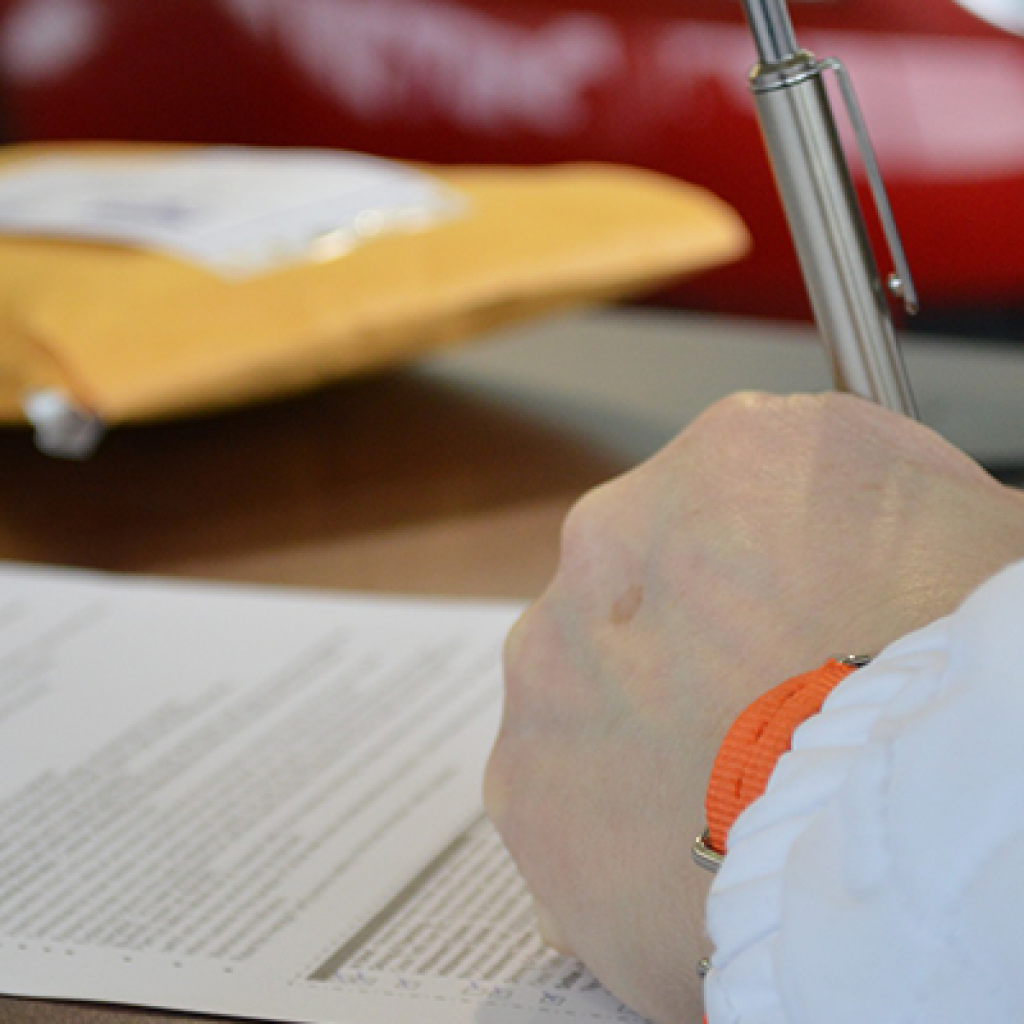Over the last ten years I was lucky to work with a panel manager that enabled me to go into many conveyancing firms from the largest to the smallest and look at the way that they operated and how they managed their risk.
In the first of an occasional series on risk management I focus on the cult of the trusted partner.
Every firm tries to demonstrate to its professional indemnity insurer that it has covered risk management appropriately. Files are reviewed, with check lists of boxes to tick, followed by a wonderful array of words, policies, and good intentions. These procedures are now all common place and important in their place. But in my experience few firms actually have a culture where everyone within the practice is treated equally from a risk management perspective or that risk management is driven from the top.
One professional indemnity insurance broker that I have spoken to this weekend has described the way that legal practices risk manage themselves as so poor that it is inevitable that the renewal round will be a “bloodbath” and I suspect part of this is lip service within many firms to risk management.
By the cult of the trusted partner I mean that it’s easy to check and be seen to check low level fee earners but few partners or departmental leaders truly subject themselves or their peers to the same level of scrutiny.
There seem to be two types of partners in my experience that potentially create the biggest risks. Firstly the long standing highly respected partner who is above suspicion. It would be inconceivable that this person would ever act negligently or commit fraud and secondly the type of partner who commands and is given a god status and who by sheer strength of ego scares those around him.
Over the years I have seen both and tried hard to avoid working with many of the firms where I have been concerned about the level of risk associated with either type of partner.
You may say well this would never happen to my firm but I assure you that it is much more common than you would expect and complacency about this risk is significant within the profession.
Let me pose some questions which may help me make the point:-
1) I presume that you conduct file audits of fee earners files within the office but are these randomly checked or are your trusted partners able to influence which of their files are checked? Do you have a strong partner whose files aren’t checked? Or who no one would dare challenge even if they found something? Many firms still allow some fee earners to volunteer the files that are checked.
2) Do you have partners that do work that other people in the firm do not fully understand? I have recently seen a sale and rent back specialist have his files audited by a remortgage team leader which in my opinion seems too large a gap given the high risk nature of sale to rent back.
3) Do you have work conducted at branch offices by people who have been in the firm years and who are completely trusted? Do you have quiet hard working individuals who are left to their own devices? I have seen one firm where the partner in question was caught committing fraud over a 15 year period who was the most innocuous individual you could possibly meet.
4) Are you doing file reviews because you want to and think they are important or does the culture of your business mean you are just going through the motions?
I hope no alarm bells ring in relation to any of these questions and that you have got to the size and scale where your managers don’t fee earn and the whole culture is anti risk. However the majority of firms conducting conveyancing don’t have those structures yet and should consider their own cultures carefully as they think about their professional indemnity renewal.
I don’t want to name firms or even try to use examples where I try to hide the identity of the firm in question because these cases are so damaging to a firm’s reputation. However, there are many cases where firms get caught up with fire fighting after the event when they have lost money, got claims and are using all their communication skills to keep the issue out of the local or national papers. The impact on a firm when this happens is significant.
I recommend that you try to build a culture of valuing risk management and openness throughout your firm, that there is the opportunity to whistle blow and that time and effort is given to educating all staff why this is not personal but important for the good of the whole. If you fail to get your risk management culture correct one day you may find that you regret not taking this issue more seriously in the first place.
For further information please contact Chris Harris on 07983 485490 begin_of_the_skype_highlighting    07983 485490 end_of_the_skype_highlighting or info@todaysconveyancer.co.uk




















